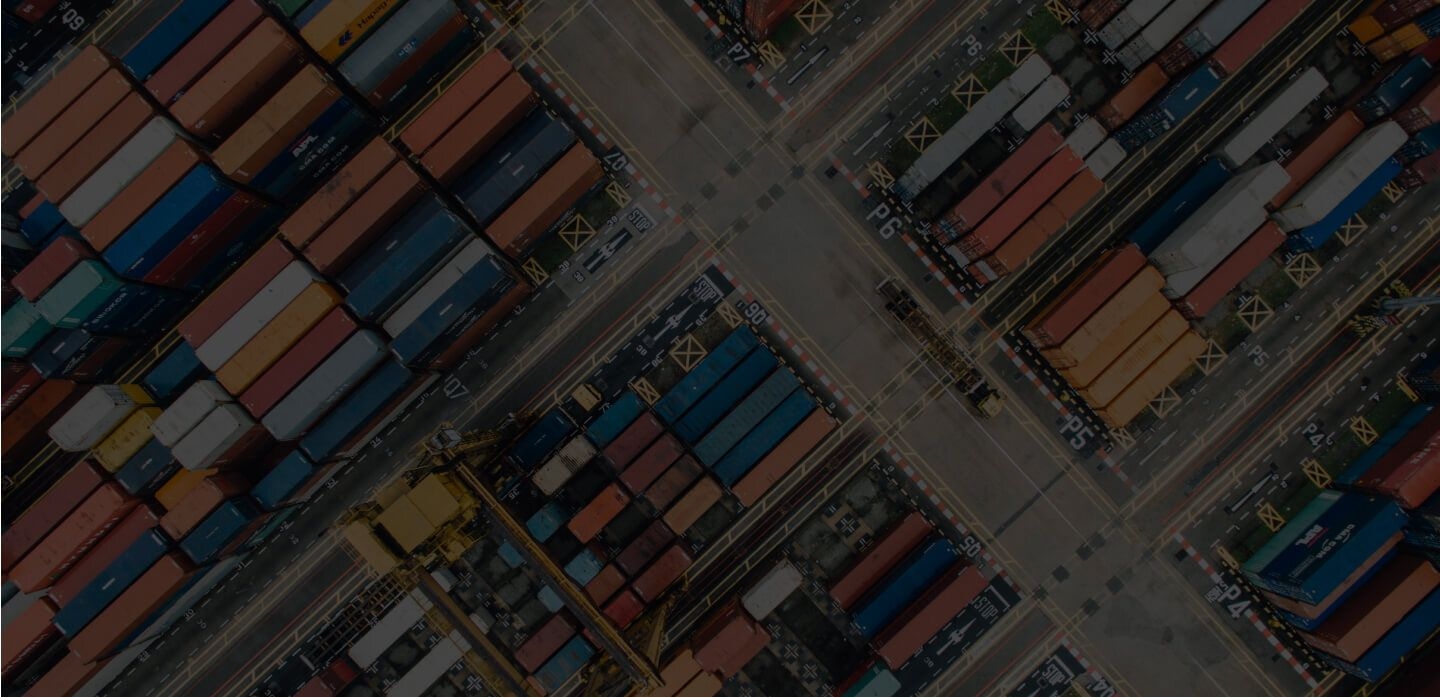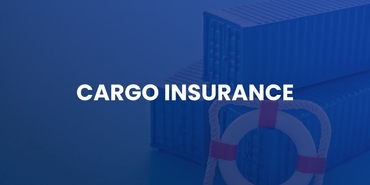
Overweight Cargo & Charges



![]()
When shipping internationally, whether by road, sea, or air freight, there are certain weight limits that need to be observed. This would depend on various factors, such as where your goods are traveling, the specific guidelines set by your carrier, and U.S. road, sea, and air limits, among others.
Weight limits exist mainly for the safety and protection of your cargo. In road freight, for example, trucks travel alongside private and public vehicles. If the containers are overweight, there is the potential for danger when traversing fast-speed highways. Similarly, overweight cargo shipped via ocean freight can collapse from their stacks during rough seas, which could pose harm to other cargo as well as ship personnel.
To observe better safety precautions, freight carriers charge extra fees in case of overweight cargo. The importer will have to shoulder these fees, as well as face other costly delays during the shipping process.
If you have no choice but to ship overweight cargo, it’s important that you conduct the proper preparation and get the necessary permits before you ship. You should also be aware of how much your cargo’s excess weight can take off your pocket.
What to Do Prior to Shipping Overweight Cargo
Verify Container Weight
First and foremost, you need to know how much your cargo weighs in the first place. Cargo that is packed at origin is weighed both by the shipper and shipping lines. The shipper provides an estimated weight, and the carrier typically will allow a 1-2 ton variance without penalty. However, if you have underestimated the weight of your cargo, you can be subject to overweight charges.
Know Your Weight Limits
Of course, you should also know the weight limits imposed by your state as well as your carrier. This will help you optimize your shipment to meet weight limits or otherwise prepare for the extra costs associated with overweight shipments. When a market or trade lane is heavily congested, shipping lines tend to prioritize light cargo. The lighter the containers, the higher amounts they can load until reaching the ship’s full capacity and weight limit.
Know What Happens if You Ship Overweight Cargo
Shipping overweight cargo without the proper preparation can cause costly delays and headaches during the shipping process. These include:
- Additional charges
- Costly redistribution or trans-load
- Special equipment charges
- Issues getting the booking confirmation by the shipping company
- Issues in receiving at destination
You can check additional information about possible extra charges in our help center.
Work With a Freight Forwarder
A bill of lading provides the information on cargo weight, and the shipping line relies on this document when transporting and loading your goods. Working with a logistics professional, such as a freight forwarder, can ensure that you are accurately recording and documenting the weight of your cargo. It also gives the carrier better information to know what they are dealing with.
Related Articles


